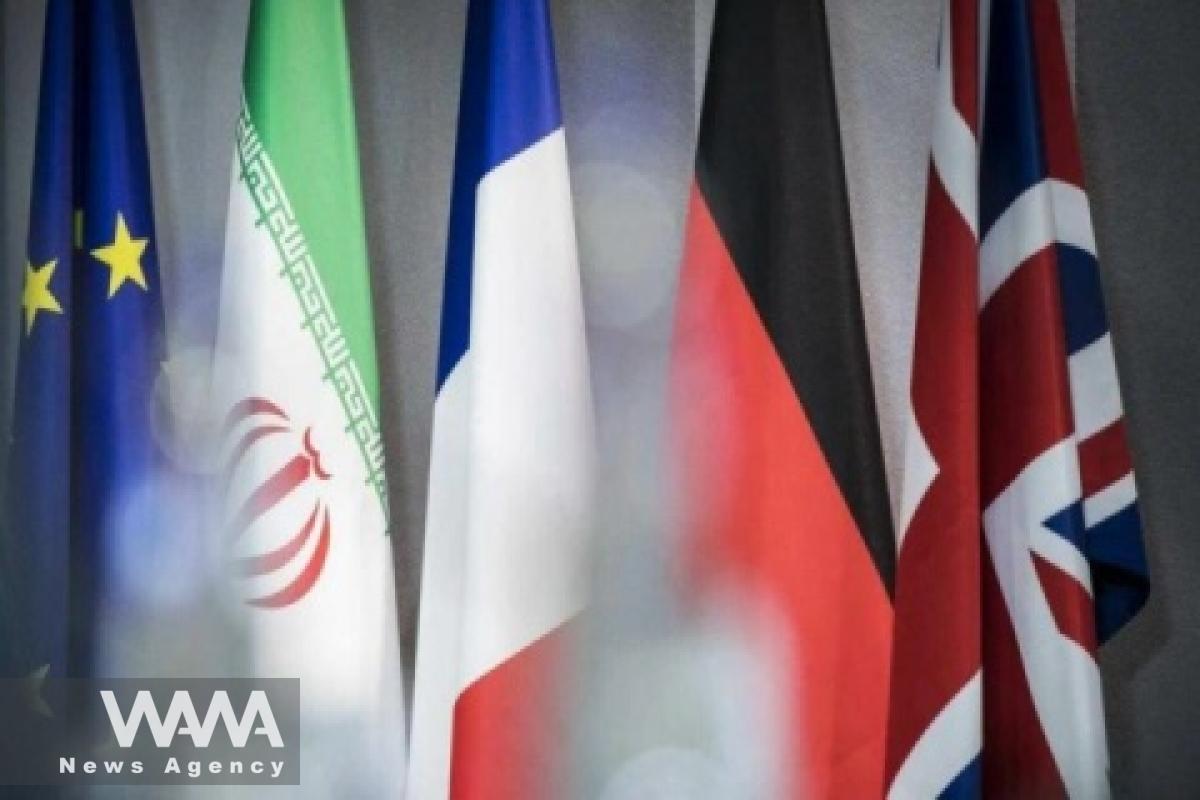WANA (Oct 12) – Alaeddin Boroujerdi, a member of Iran’s Parliamentary Committee on National Security and Foreign Policy, said that by activating the “snapback” mechanism and reinstating sanctions, European countries have effectively sanctioned themselves, as Iran’s partnerships are rapidly shifting from European to Chinese and other non-European companies.
“Europe’s decision to trigger the snapback mechanism only harms its own companies,” Boroujerdi stated. “The real losers are European firms, not the Islamic Republic of Iran.”
He emphasized that the move adds nothing new to the existing sanctions regime imposed by the United States and Europe. “This is primarily a psychological war against Iran. We’ve been managing the country under these sanctions for years and have achieved major progress in advanced technologies despite them,” he noted.
Boroujerdi also referred to the recent UN Security Council discussions on the European proposal to reinstate six resolutions against Iran, describing it as “illogical, illegal, and illegitimate.”
He pointed out that Russia, China, and two non-permanent members opposed the motion, showing that the previous international consensus against Iran no longer exists.
Addressing the recent joint statement by the Persian Gulf Cooperation Council (PGCC) and the European Union criticizing Iran, Boroujerdi said it reflects U.S. influence in the Persian Gulf region.
“The U.S. has military bases in several Persian Gulf countries and maintains close ties with them. Washington and its allies are using all available channels — including PGCC states — to exert political pressure on Iran,” he said.
Boroujerdi concluded that these pressures would have no impact on Iran’s direction: “The Islamic Republic of Iran will continue its logical, principled, and lawful policies in all fields — including its nuclear program.”
READ MORE
The PGCC—comprising Saudi Arabia, the United Arab Emirates, Bahrain, Kuwait, Oman, and Qatar—and the EU held their 29th joint meeting on Monday (October 6), during which they issued a statement that included claims regarding Iran’s three islands as well as remarks on Iran’s nuclear issue.
They called on Iran to halt its missile program and cooperate with the International Atomic Energy Agency (IAEA). In response, Iran summoned ambassadors and heads of missions of EU member states to the Iranian Ministry of Foreign Affairs by Deputy Foreign Minister Majid Takht-Ravanchi and conveyed its strong protest.
The snapback mechanism, part of the 2015 Iran nuclear deal (JCPOA), allows the reimposition of UN sanctions if Iran is found non-compliant. However, Iran and several legal experts argue that the European countries, the UK, France, and Germany lost the legal standing to use the mechanism after the U.S. withdrawal from the deal in 2018.
The “snapback mechanism” was officially activated by the E3 on Sunday, September 28, 2025. Following its activation, several countries, including Japan, the U.S., and the UK, announced a new round of sanctions against Iran.
